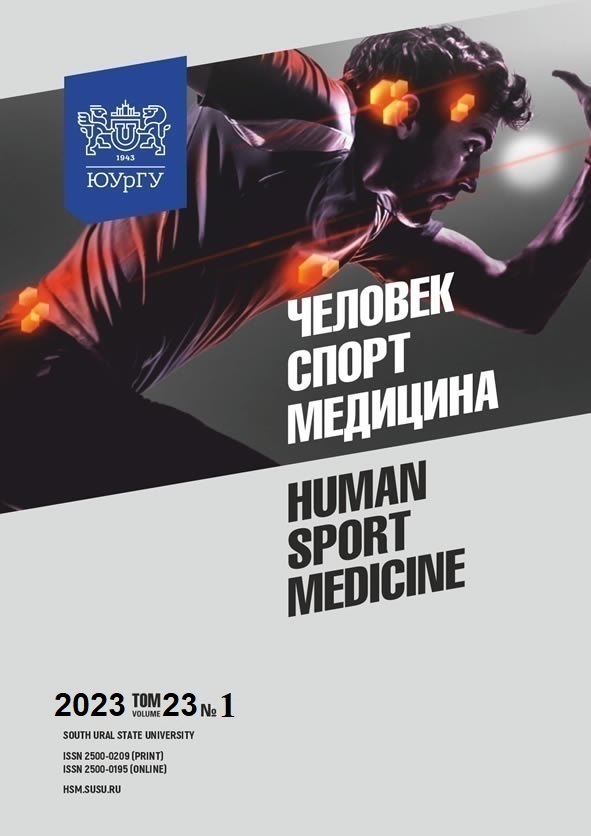CO-DEVELOPMENT OF COORDINATION AND COGNITIVE FUNCTIONS IN PRIMARY SCHOOL CHILDREN
Abstract
Aim. The paper aims to identify new approaches to the development of coordination abilities in primary school children. Materials and methods. General scientific methods were used: dialectics, analysis and synthesis, abstraction and concretion. A thorough analysis of scientific articles, monographs, and reports on human movement control and three related areas (psychophysiology, pedagogy, and psychology) was performed. Results. General trends in scientific publications have shown that, despite the extensive coverage of coordination abilities in physical education and sports, there are still aspects that require further investigation, particularly those associated with the role of psychological factors in the development of coordination abilities. The literature contains information that indirectly confirms the positive effect of good coordination on cognitive processes in children (attention, memory, thinking, and speech). The paper defines the place of coordination abilities in the structure of the child's psychomotor domain. Conclusion. Coordination abilities require further investigation within psychological and pedagogical analyses with respect to the psychophysiological patterns of motor skill acquisition. Therefore, there is a need for pedagogical technologies aimed at the development of coordination abilities and the advanced acquisition of attention and thinking skills.
References
References on translit
Copyright (c) 2023 Human. Sport. Medicine

This work is licensed under a Creative Commons Attribution-NonCommercial-NoDerivatives 4.0 International License.















